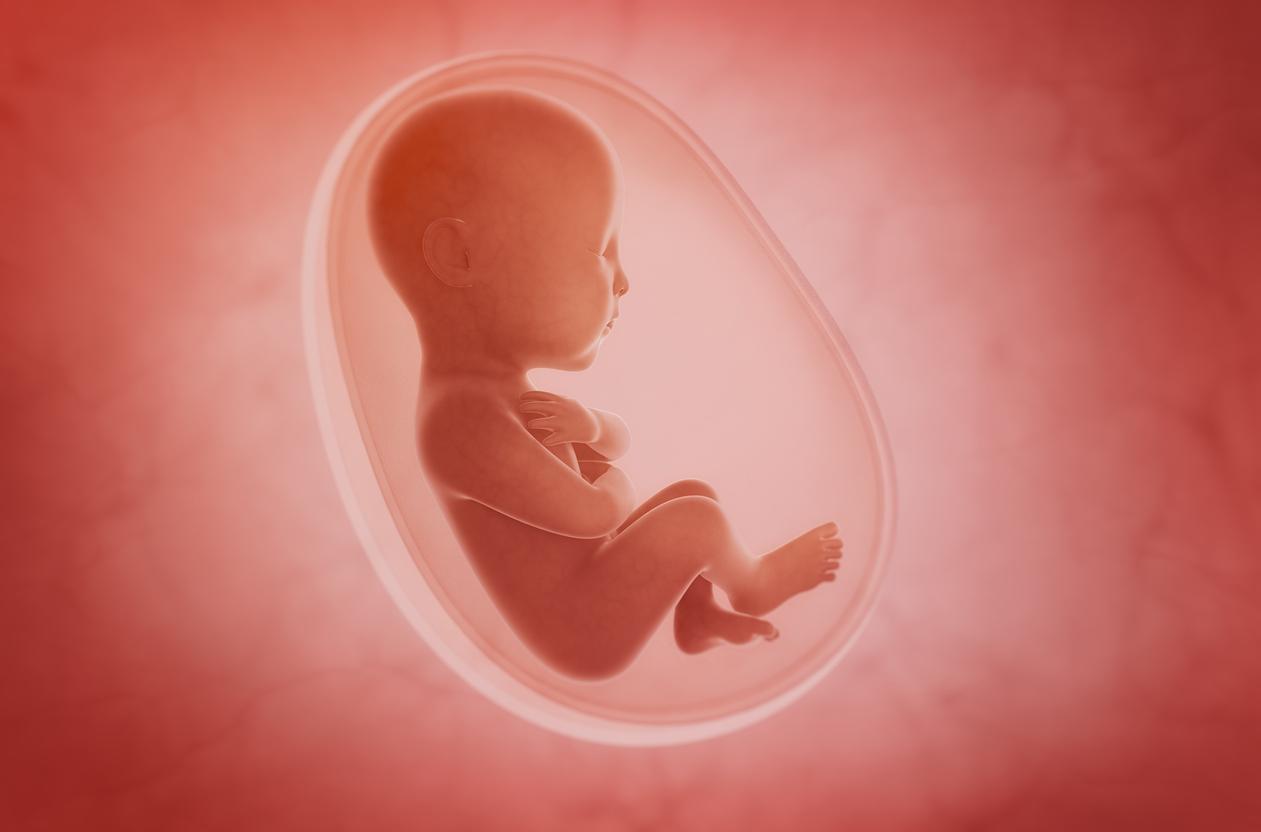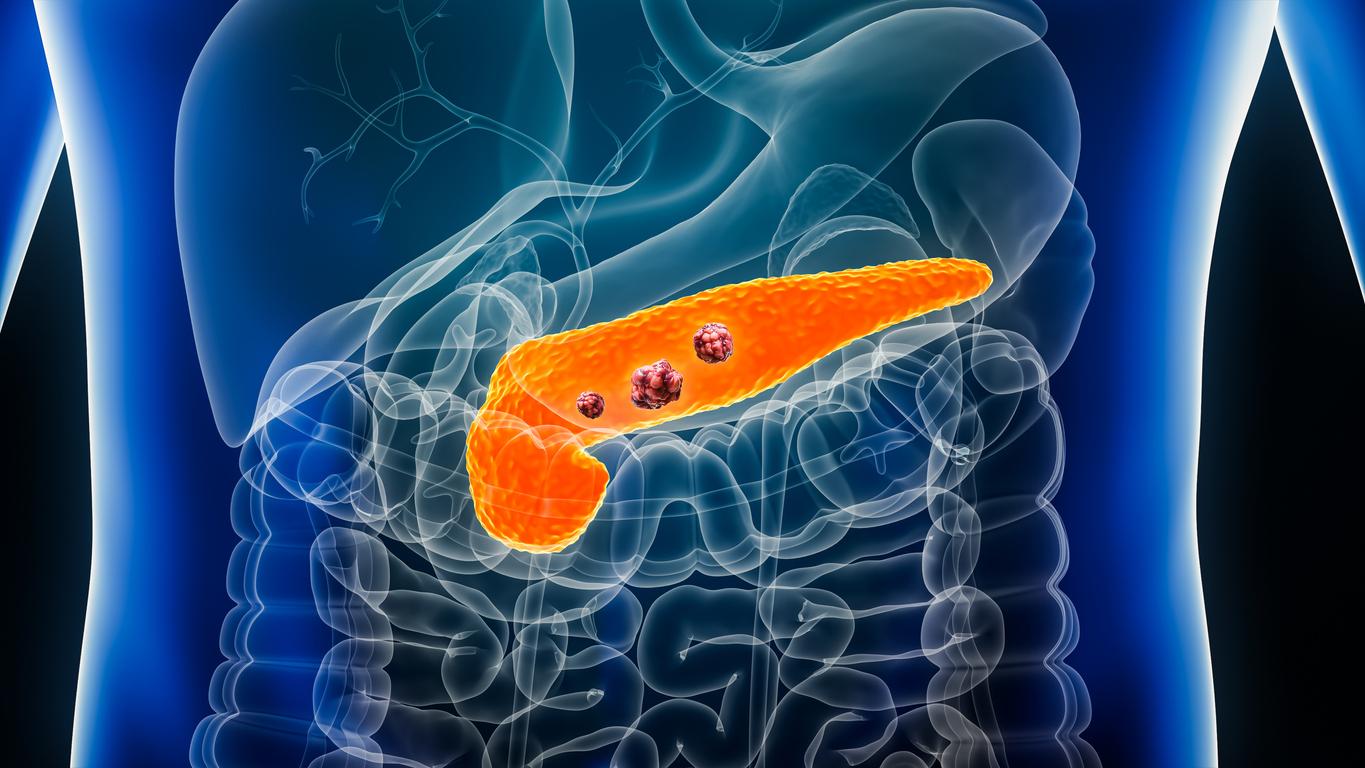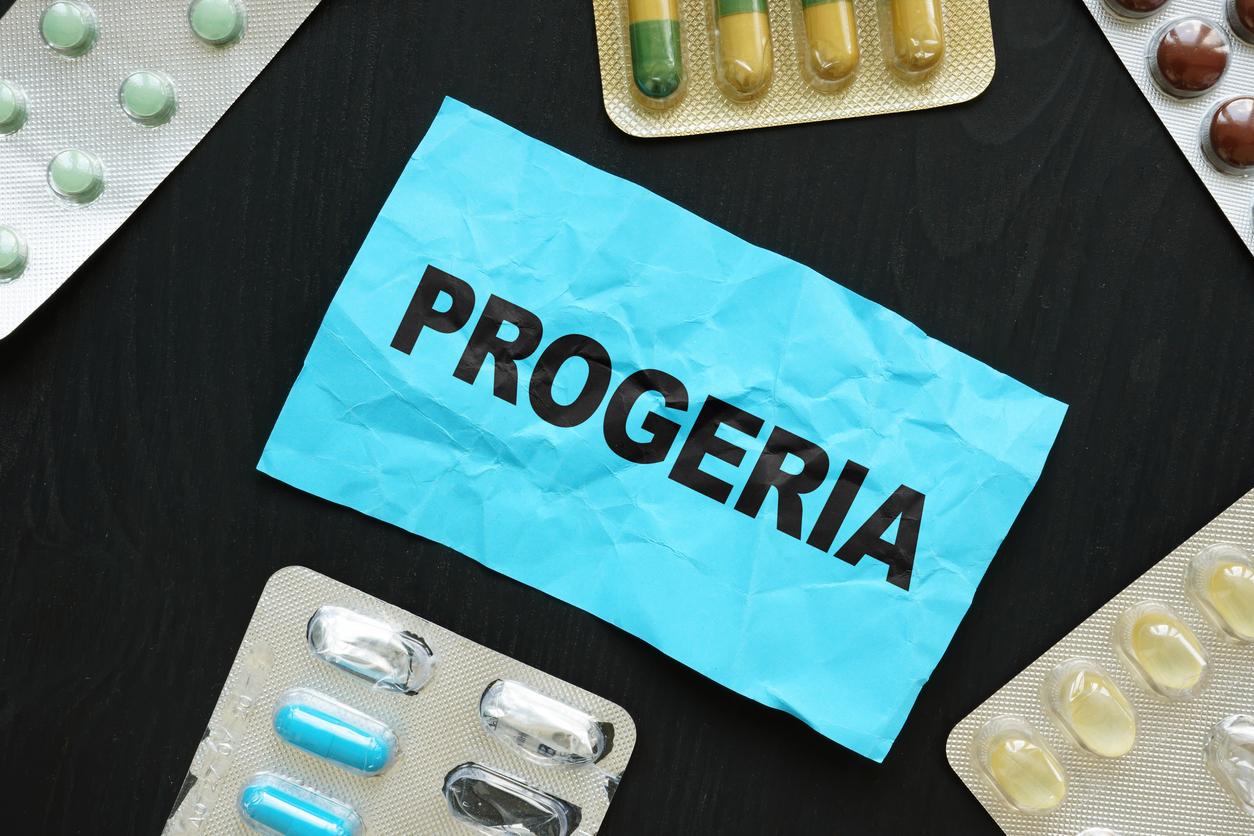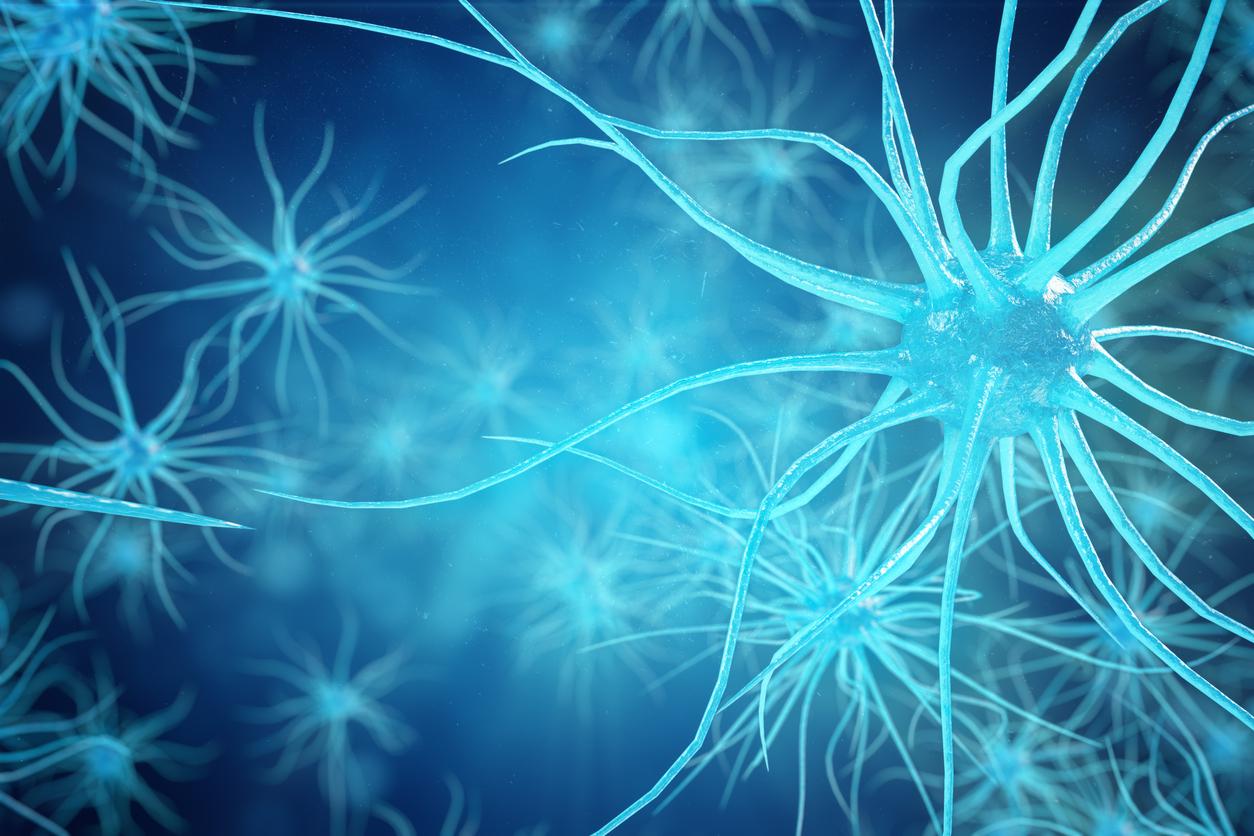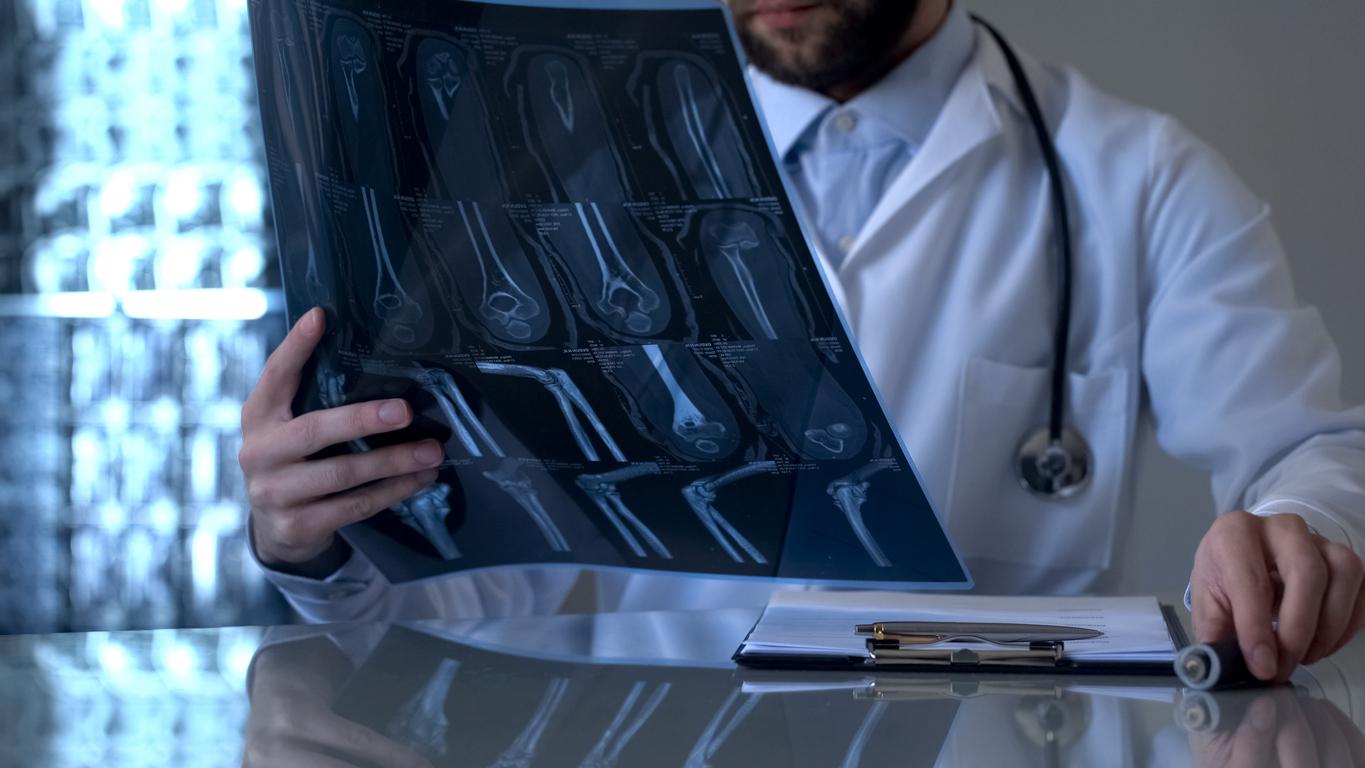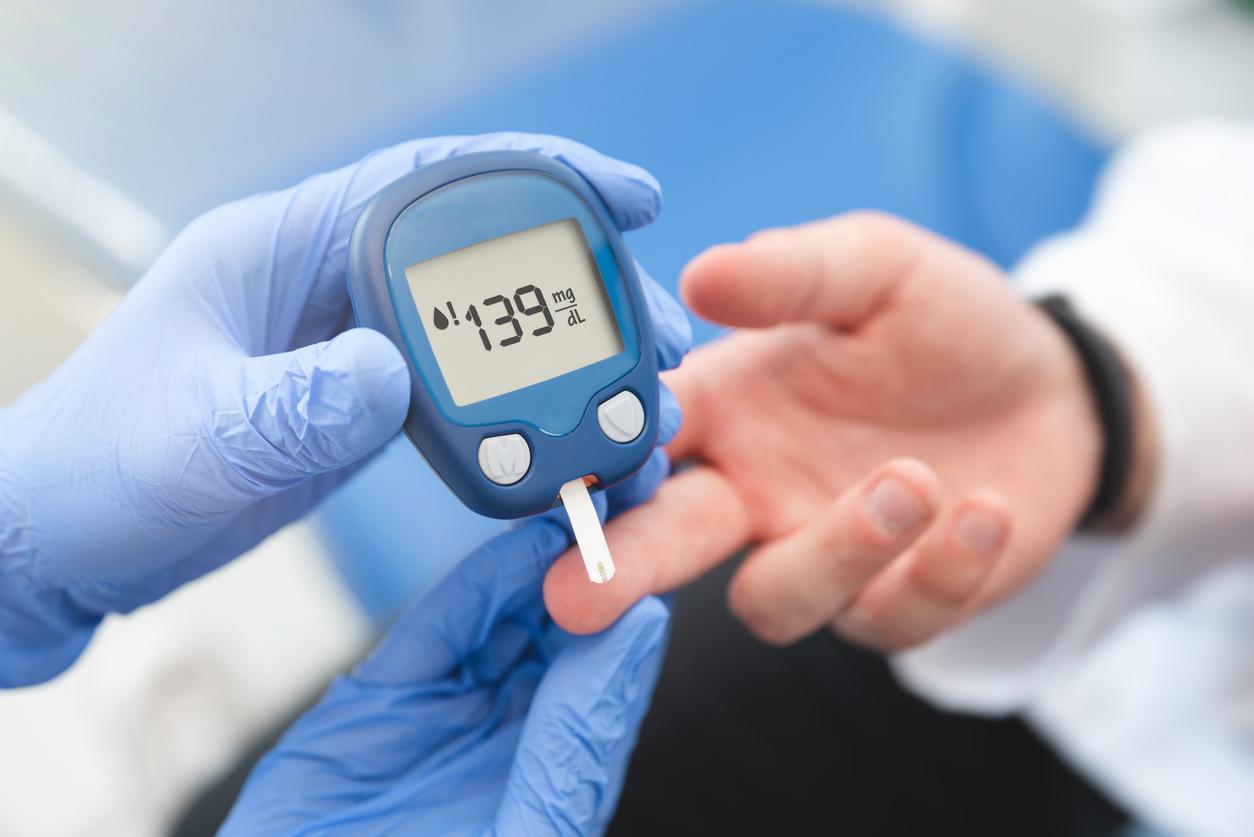Scientists have revealed that a receptor on a protein produced by lung cells can help fight the coronavirus.
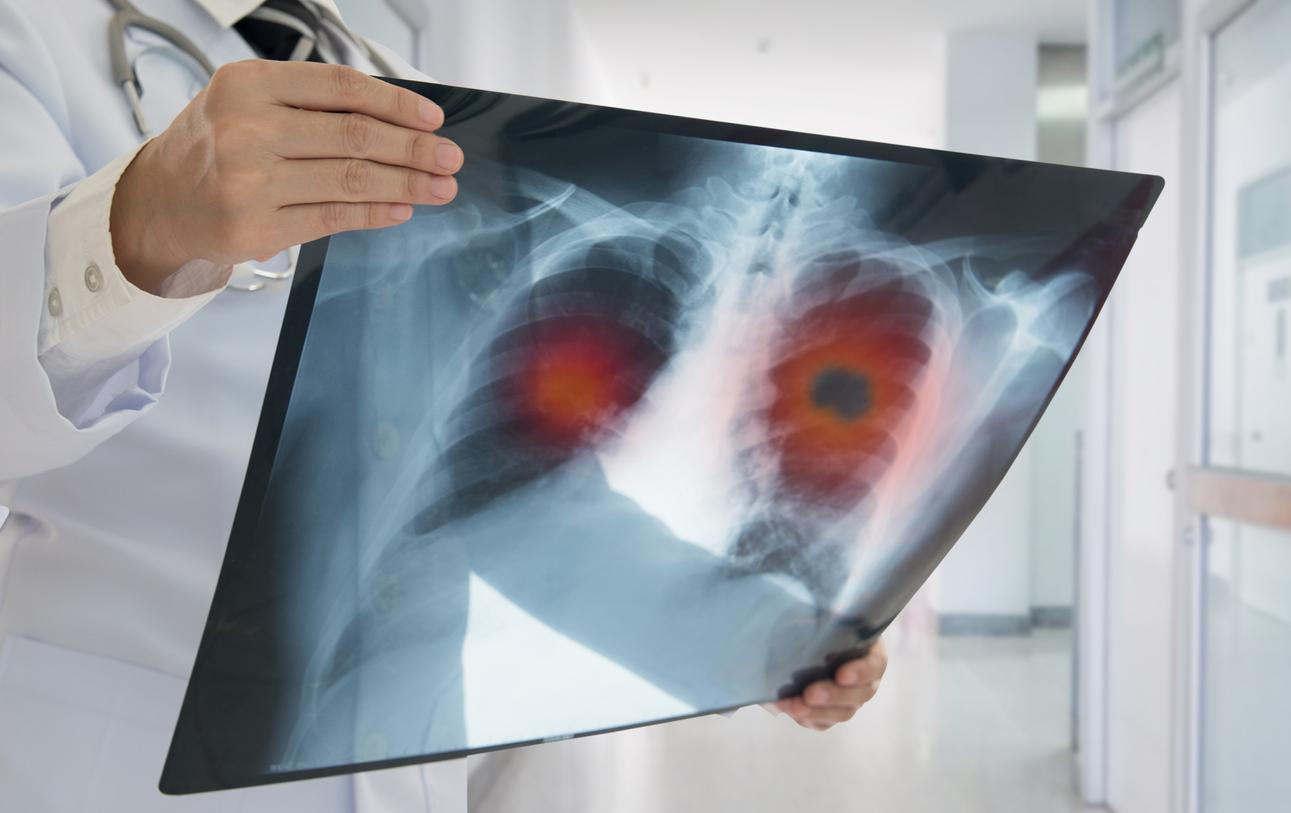
- Once cured of Covid-19, some people may develop lung tissue fibrosis.
- It is an inflammation of the tissues of the lungs which causes abnormal scarring.
“LRRC15” is the name of a recently discovered receptor that is nevertheless naturally present in a protein produced by our lungs, more precisely by our lung cells called “fibroblasts”. For the first time, researchers from the University of Sydney have analyzed the role of LRRC15. The latter is particularly important, as it binds to SARS-CoV-2 to block it. In other words, it prevents a Covid-19 infection. Their work has been published in the journal PLOS Biology.
“Designing broad-acting drugs that can block viral infection”
“We discovered that this new receptor works by binding to and blocking the virus, which reduces infection, explains Greg Neely, one of the authors in a communicated. As an immunologist, the fact that there is this natural immune receptor that we didn’t know about, present in our lungs and blocking and controlling the virus, it is very interesting. We can now use this new receptor to design broad-acting drugs that can block viral infection.”
When SARS-CoV-2 enters the body, it uses a protein called “ACE2” receptor to enter human cells. “LRRC15” is also a SARS-CoV-2 receptor, which means the virus can bind to it but, unlike “ACE2”, “LRRC15” does not support the Covid-19 virus. Thus, it blocks its action where “ACE2” facilitates it. “We think he [LRRC15] acts a bit like molecular Velcro, in that it sticks to the tip of the virus and pulls it away from target cell types”, says Dr. Lipin Loo, another author of this study.
The LRRC15 receptor says a lot about the seriousness of Covid-19
During their study, the researchers studied the functioning of “LRRC15” and realized that it also controlled immune responses against other infections, in particular fibrosis. “As this receptor can block Covid-19 infection and, at the same time, activate our body’s antiviral response against fibrosis, this is a really important new gene.” develops Greg Neely.
Ultimately, the researchers hope that the discovery of “LRRC15” will make it possible to develop new treatments against fibrosis (ie a pathology against which there is currently no treatment) and also against other lung infections. As for Covid-19, they explained that they wanted to develop “two strategies (…) using LRRC15 (…) : one that targets the nose as a preventive treatment and another targeting the lungs for severe cases.”
Finally, they explained that the presence of LRRC15 – or its absence – was also a sign of the severity of a Covid-19 infection. “A group of Imperial College London independently discovered that the absence of LRRC15 in the blood is associated with a more severe form of Covid-19, confirming what we have observedconcludes Dr. Lipin Loo. If you have less of this protein, you probably have a more severe form of Covid-19. (…) We are now trying to figure out exactly why this is the case.“











